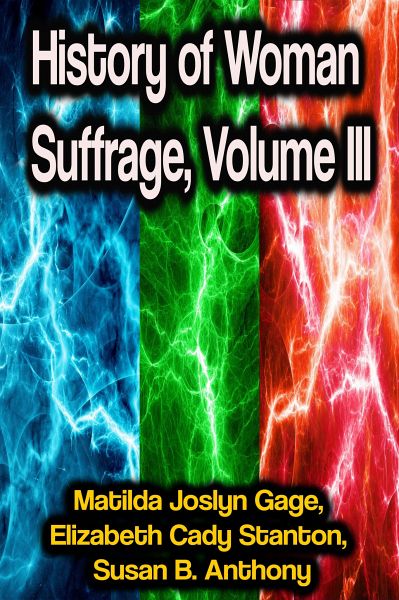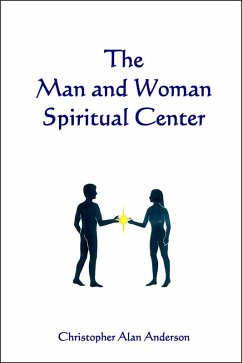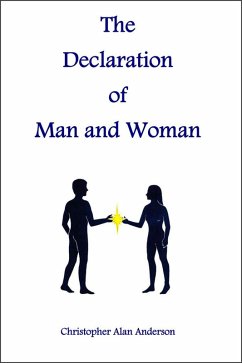
History of Woman Suffrage, Volume III (eBook, ePUB)

PAYBACK Punkte
0 °P sammeln!
History of Woman Suffrage, Volume III - Matilda Joslyn Gage, Elizabeth Cady Stanton, Susan B. Anthony - The labors of those who have edited these volumes are not only finished as far as this work extends, but if three-score years and ten be the usual limit of human life, all our earthly endeavors must end in the near future. After faithfully collecting material for several years, and making the best selections our judgment has dictated, we are painfully conscious of many imperfections the critical reader will perceive. But since stereotype plates will not reflect our growing sense of perfectio...
History of Woman Suffrage, Volume III - Matilda Joslyn Gage, Elizabeth Cady Stanton, Susan B. Anthony - The labors of those who have edited these volumes are not only finished as far as this work extends, but if three-score years and ten be the usual limit of human life, all our earthly endeavors must end in the near future. After faithfully collecting material for several years, and making the best selections our judgment has dictated, we are painfully conscious of many imperfections the critical reader will perceive. But since stereotype plates will not reflect our growing sense of perfection, the lavish praise of friends as to the merits of these pages will have its antidote in the defects we ourselves discover. We may however without egotism express the belief that this volume will prove specially interesting in having a large number of contributors from England, France, Canada and the United States, giving personal experiences and the progress of legislation in their respective localities. One of the greatest minds of the century has thrown a ray of light on this gloomy picture by tracing the origin of woman's slavery to the same principle of selfishness and love of power in man that has thus far dominated all weaker nations and classes. This brings hope of final emancipation, for as all nations and classes are gradually, one after another, asserting and maintaining their independence, the path is clear for woman to follow. The slavish instinct of an oppressed class has led her to toil patiently through the ages, giving all and asking little, cheerfully sharing with man all perils and privations by land and sea, that husband and sons might attain honor and success. Justice and freedom for herself is her latest and highest demand. Another writer asserts that the tyranny of man over woman has its roots, after all, in his nobler feelings; his love, his chivalry, and his desire to protect woman in the barbarous periods of pillage, lust, and war. But wherever the roots may be traced, the results at this hour are equally disastrous to woman. Her best interests and happiness do not seem to have been consulted in the arrangements made for her protection. She has been bought and sold, caressed and crucified at the will and pleasure of her master. But if a chivalrous desire to protect woman has always been the mainspring of man's dominion over her, it should have prompted him to place in her hands the same weapons of defense he has found to be most effective against wrong and oppression. It is often asserted that as woman has always been man's slave - subject - inferior - dependent, under all forms of government and religion, slavery must be her normal condition. This might have some weight had not the vast majority of men also been enslaved for centuries to kings and popes, and orders of nobility, who, in the progress of civilization, have reached complete equality. And did we not also see the great changes in woman's condition, the marvelous transformation in her character, from a toy in the Turkish harem, or a drudge in the German fields, to a leader of thought in the literary circles of France, England, and America!
Dieser Download kann aus rechtlichen Gründen nur mit Rechnungsadresse in A, B, BG, CY, CZ, D, DK, EW, E, FIN, F, GR, H, IRL, I, LT, L, LR, M, NL, PL, P, R, S, SLO, SK ausgeliefert werden.













